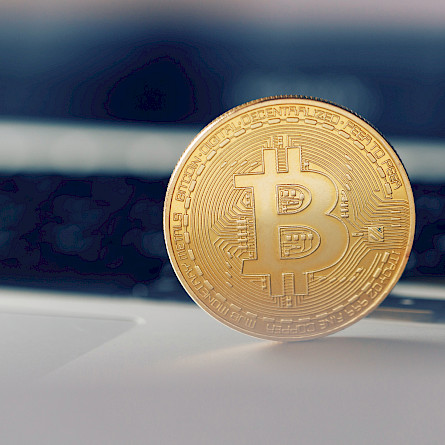The author begins the chapter on the principle of scarcity with this quote from G.K. Chesterton, an English writer and philosopher:
“The way to love anything is to realize that it might be lost.”
This quote reminds me of the recent bankruptcy of Hudson’s Bay. Since the announcement that the company’s chain of stores will be liquidated, some people are willing to pay a high price for Hudson’s Bay’s iconic products. This phenomenon is directly related to the fundamental economic concept of supply and demand: reducing the supply of a product generally leads to an increase in its price.
According to the author of Influence, “opportunities seem more valuable to us when their availability is limited.” What is rare or appears unique to us often takes on greater value in our eyes, regardless of its intrinsic worth. This reminds me of one of the arguments that seemed to motivate investors to buy the first cryptocurrencies, including bitcoin, when they appeared on the market a few years ago: their supply was perceived as limited—in the case of bitcoin, it is indeed capped at 21 million units. While that may be true for bitcoin, it seems to me that the ability to create new cryptocurrencies is far from limited: according to ChatGPT, more than 25,000 exist today!
The corollary of this principle is that we often value more what we already possess than what we could potentially acquire. “The idea of potential loss plays a large role in human decision making.”
In my view, this is a principle that influences most investors and likely explains why it is so difficult to part with a stock we own, especially if we have held it for a long time. How many of us tend to “fall in love” with the stocks we own?
The excitement often observed around initial public offerings (IPOs) is largely based on investors’ perception of the scarcity effect — an effect investment banks readily exploit.
As with the other principles, the principle of scarcity represents a cognitive shortcut that generally serves us well in everyday life. Thus, according to Dr. Cialdini: “Because we know that the things that are difficult to possess are typically better than those that are easy to possess, we can often use an item's availability to help us quickly and correctly decide on its quality.”
However, as with the other principles (or shortcuts), the principle of scarcity does not always serve us well — quite the opposite. We must remember that we tend to desire what seems rare and difficult to acquire, beyond its intrinsic value. It’s no coincidence that product advertisements often mention that quantities are limited or that the offer ends in two days.
Corporate executives bidding to acquire a company must keep the principle of scarcity in mind, or they risk losing perspective and paying a large premium for an asset that appears unique to them (“such an opportunity will never come again”).
However, it is important to remember that a rare object is not necessarily better because of its rarity. It is essential to evaluate objects (and stocks) based on their intrinsic characteristics and by comparing them to the alternatives available to us.
That is why, at COTE 100, we always compare a stock we are considering for investment with those of comparable companies before making an investment decision.
Philippe Le Blanc, CFA, MBA
Chief Investment Officer at COTE 100
_______






